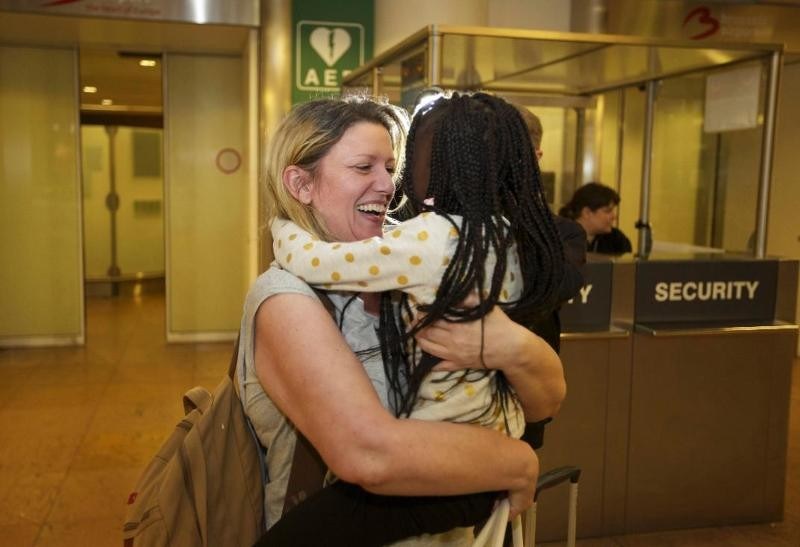The Flemish Government announced on Friday that it will translate an expert panel report into an action plan to ensure that future international adoptions take place correctly and ethically.
The independent research panel of experts was created in 2019 to conduct an investigation into intercountry adoption practices with the aim of revising the procedure and safeguarding adopted children.
"This is something that all parties involved have been saying for many years that we have to tackle," minister for Welfare, Family, Public Health and Poverty Reduction, Wouter Beke, said.
The basic principles of the "ambitious reform" to intercountry adoption include multi-parenthood, strengthening partnerships with countries of origin, building bridges between foster care and adoption, and focusing on aftercare and counselling.
"We are pleased with this agreement and also with the foundations included in it that definitely are looking to the future," Nele Wouters, spokesperson for the Flemish agency Opgroeien, which combines the work of Kind en Gezin and Jongerenwelzijn, told The Brussels Times.
Next week, the first hearings for this action plan will be held in the Flemish parliament, according to Bart Croes, Beke's spokesperson.
"During these hearings, everyone in the field, from adoption agencies to adoptees to candidate parents and experts, will be listened to so that we can find out what needs to change," Croes told The Brussels Times, adding that a policy will be drawn up and ready to implement within two years.
Birth parents and country of origin
The expert panel report stated that "there is still a future for international adoption in Flanders," and that there is no need to stop or phase it out, as was suggested by Beke to allow the system to be fundamentally reformed.
However, the panel stressed that the reform must focus on strengthening or improving certain aspects of the adoption process, including the fact that "first parents" - the adoptees' birth parents - should remain as involved as possible.
"We know that children can grow up very well surrounded by one or more adults. The intentions of the adults and the way they shape relationships within these families are much more important than the structure or composition of the family unit," a statement from Opgroeien read.
According to Beke's cabinet, the reform's most important element is a "reversed flow" of the procedure, which will see Flanders' cooperation with the countries of origin being strengthened by reversing the procedure.
"Today, we start from the demand of potential parents who want to adopt a child," Croes explained, saying that the new approach sees both countries agreeing on a framework and the countries of origin only offering a child for adoption if there are no other solutions in their own country.
The proposed reform would see the receiving countries themselves seek channels for adoption in the countries of origin, meaning that representatives from Flanders will go to these countries to undertake a risk analysis.
"If this indicates that the cooperation needs to be temporarily halted, this will be done," Croes explained.
From the child's perspective, the system will be driven by the demand of the countries of origin to place children with parents who match their profile.
Putting children at the centre of the process
In a bid to seize "every opportunity to give children a care perspective", the Government wants a closer link between foster care and adoption and will examine how to integrate the preparation trajectory between adoption and foster care.
"Despite the fundamental differences, there is a much more fundamental similarity: both candidate adopters and foster parents open themselves up to being a home for children whose biological or first parents are unable to provide adequate care and upbringing," Wouters explained.
Finally, the Flemish Government wants to investigate how to further strengthen the existing after-care policy, with particular attention on children with special developmental needs. It is working to improve data registration and document management.
Wouters stressed the need for the expert panel's report to consider the perspective of adoptees, emphasising the importance of keeping the child central to the adoption process.
"As Beke said, we are looking for a home for a child and not a child for a home, which is an important starting point. But we must also focus on communication with countries of origin," Wouters said.

